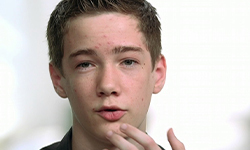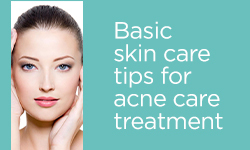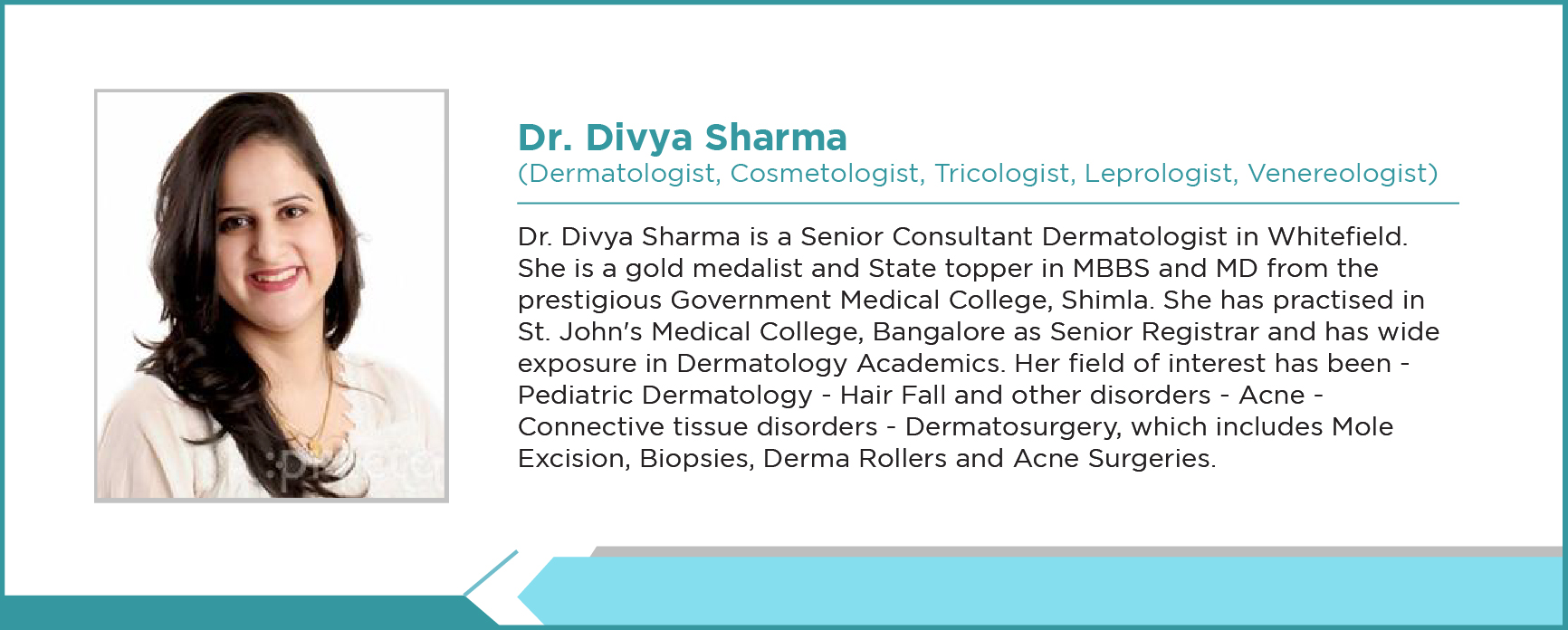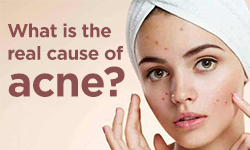Acne is not a disease but a tendency that runs skin deep and not just on the surface. A micro-inflammation around the oil glands, Acne is a comedo that forms on the skin due to a blocked or a clogged pore. Normally the skin pores flush out excess oil, dead skin cells, and other toxins from the skin. But when this process is disturbed and excess sebum (oil) is produced by the body, the oil combines with dead cells and other pollutants get trapped in the hair follicle and clog the pores resulting in acne, small pimples, blackheads, etc. Let us find out the common causes of acne, get some answers to commonly asked questions about acne as well as skincare tips on how to prevent acne from an expert.
What is the real cause of acne?
- Hormonal imbalances– The oil glands have receptors for stress, thyroid, Vitamin D, and free radicals. Any disturbance in their balance can cause acne. In fact, hormones released during puberty, hormonal changes due to use of oral contraceptives (irregular menstrual cycles) as well as during pregnancy can result in excess sebum production and cause acne.
- Lifestyle–Sedentary lifestyle, lack of proper exercise, disturbances in sleeping patterns, smoking, consumption of alcohol, use of recreational drugs etc. can all lead to an acne outbreak. In fact, unhealthy lifestyle choices not only cause acne but can also cause resistance to treatments.
- Medications –Use of certain medicines, especially drugs containing corticosteroids, testosterone or lithium may trigger acne.
- Chemicals in skin care products–Certain ingredients in cosmetic products such as isopropyl, lanolin, paraffin, dimethicone, lizerine etc. can trigger acne if the skin is prone to zits and pimples.
- Diet–ntake of refined sugars, processed foods, carbohydrate rich foods (such as chips, bread, bagels) can cause an acne outbreak. In addition, sometimes even skim milk or chocolate can trigger acne.
- Environment –Air pollution can trigger acne. Aromatic hydrocarbons released from automobiles can cause acne formation. Free radicals generated by indoor and outdoor pollution can cause blockage of oil glands (or pores) resulting in acne.
Are teenagers more affected by acne?

Skincare tips on how to prevent acne
- Eat healthy-Cut down on the intake of refined sugars, processed foods in your daily diet.
- Exercise regularly–All those couch potatoes need to get moving with a dedicated exercise plan for the day.
- Get enough sleep–Lack of sleep can cause the skin to break out in acne, pimples etc. Make sure to get at least 8 hours of relaxed sleep every night.
- Use anti-oxidants –Anti-oxidants in topical and oral forms counter the effects of pollution on the skin and help prevent acne.
- Use a good sunscreen –Sunscreen not only protects the skin form UVA & UVB rays and tanning but it also acts as a pollution screen, so sunscreen use a sunscreen in your daily skincare regimen that is suitable in preventing acne outbreaks or even while treating acne. Ideally, for acne prone/oily skin type, use a non-comedogenic, gel based, light textured, micro fine, matte sunscreen with a SPF 50 or more. For dry skin opt for cream based or emulsion based sunscreen. For flaky or sensitive skin, use a physical sunscreen with no chemicals. Generally, a sunscreen of SPF 30 and above is recommended for Indian skin type.
- Don’t pick on pimples –Avoid squeezing, scrubbing, picking on pimples, zits at all costs as it will only worsen the acne problem. It increases the inflammation and makes the acne go even deeper in the skin and will leave dark spots (hyperpigmentation or acne scars that won’t go away even with treatment.
Basic skin care tips for acne care treatment

Here are some simple anti-acne treatment solutions that are effective in preventing and treating acne outbreaks.
- Exfoliate with a gentle scrub – Exfoliating gets rid of those dead cells and helps free up those clogged skin pores. It has been known to improve acne or pimples healing. Be sure to use a gentle scrub on the acne affected skin.
- Use water based make up –people who are acne prone should opt for a light skin moisturizer and water based make up. Also, application of a spot cream containing sulfur to the affected areas at night is beneficial in treating acne.
- Use Aloe Vera-Aloe Vera has long been used to treat skin problems such as abrasions, rashes, wounds, and skin inflammation. Aloe Vera also contains salicylic acid and sulfur, which are both used extensively in the treatment of acne and pimples.
- Drink lots of water-Inadequate water intake leads to dehydration resulting in excess sebum production to keep the skin moisturized. This extra oil can cause clogged pores and bacteria resulting in breakout of acne or pimples. Drink plenty of water as it will keep your skin hydrated and free of acne and pimples
- Take fish oil and zinc supplements-Fish oil is rich in omega 3 fatty acids that has anti-inflammatory properties which may help in countering acne or pimples. Zinc is one of the most effective natural treatments for acne and taking oral zinc supplements can help reduce pimples and acne.
- Be happy, be healthy–A healthy mind and body will reflect on your skin, keeping it healthy and glowing. Regular exercise, running, jogging, swimming etc. boosts blood flow and regulates the hormones which nourish the skin cells thus preventing pimples and acne. Meditation, deep breathing exercises also alleviate stress levels and can prevent skin problems.
Hope you have found this information on acne, its causes and prevention from an expert informative and useful in tackling your acne troubles. In case you have any queries on skin care or skin troubles, contact your dermatologist/skin care expert at https://www.skinandhairacademy.in/
Author Bio 
Cosmetologist, Tricologist Leprologist, Venereologist















